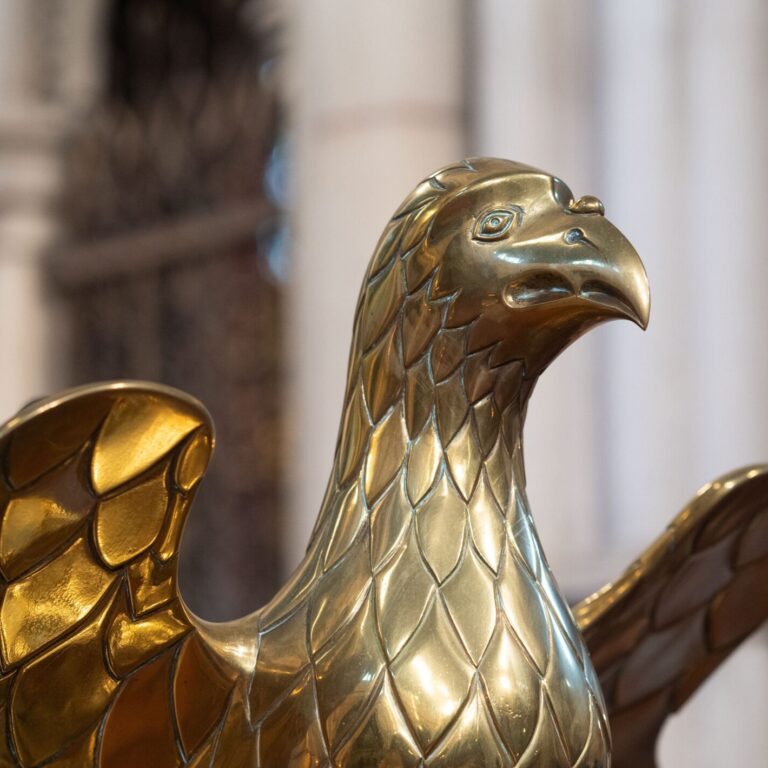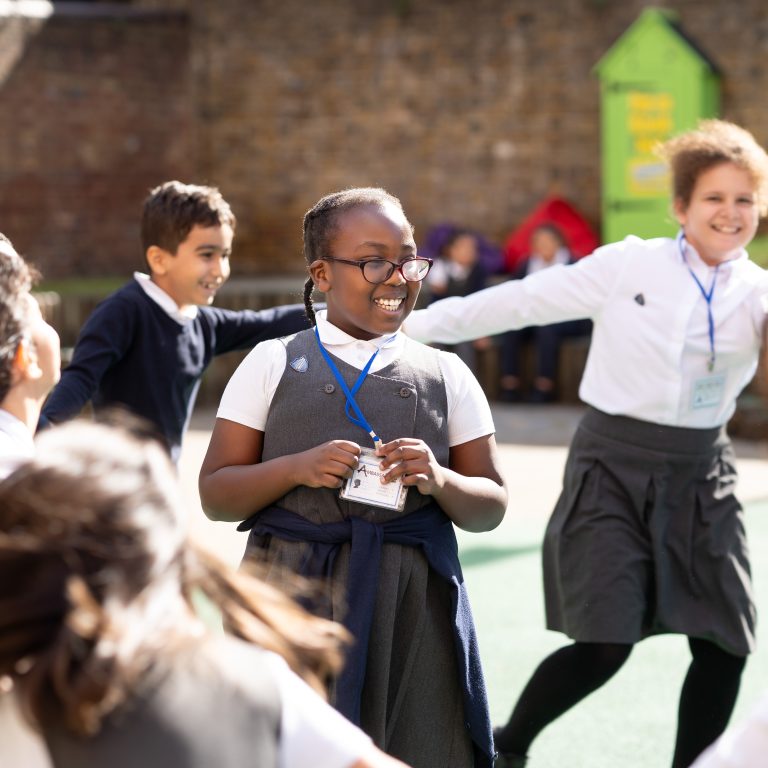Our Spirituality
We encourage and support all learners to think deeply about themselves, their relationships, their sense of worth and identity, and their sense of well-being. All our subjects contribute to this search for meaning and a recognition of being part of something bigger and beyond oneself. Our pupils ‘accept themselves and each other, even in difficult times’. Our students consider how they relate to the rest of the world and have a ‘deep sense of self’.
Our School provides opportunities for the children to develop: respect, feelings and values, sense of enjoyment, fascination in learning, imagination and creativity and reflection. Pupils at our school understand other people’s kind of ways of thinking. We are a progressive and varied ‘values’-based school. Our curriculum provides opportunities for all Students to understand, respect and celebrate difference and diversity.
In each subject area and year group there are hundreds of distinct opportunities for our community to grow spiritually. Some are distinct and others are shared, but all are acknowledged and valued.


